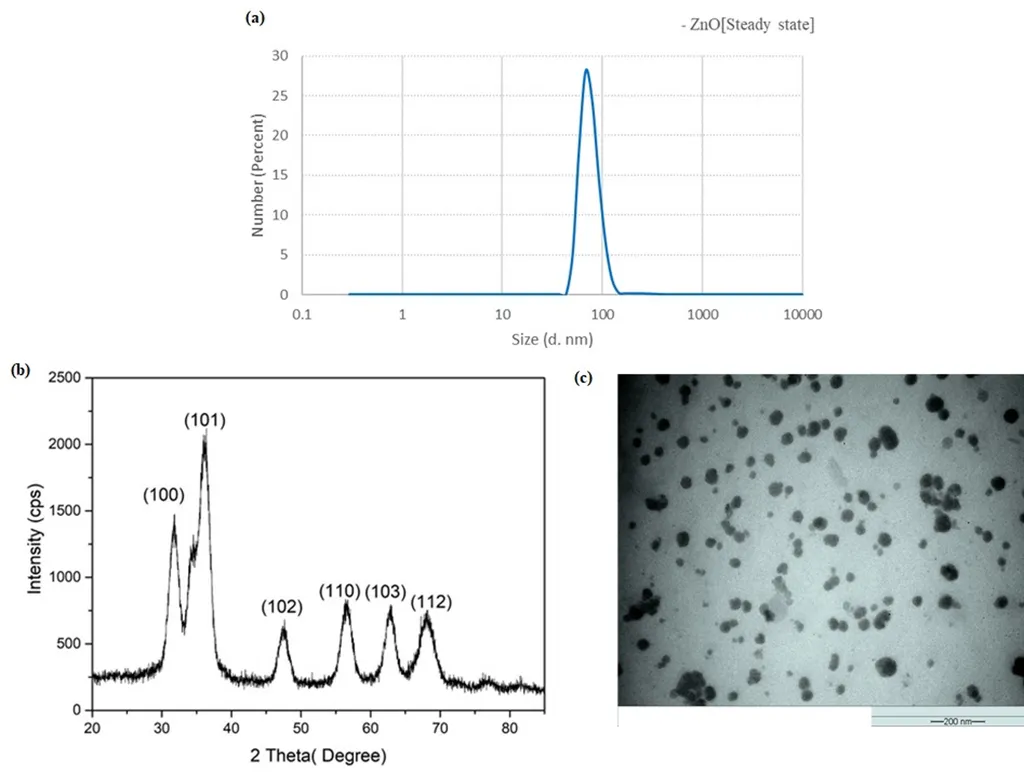In the quest to bolster crop productivity, researchers have turned to nanotechnology, and a recent study published in *Scientific Reports* offers promising insights. The research, led by Sushma Mudlupura Kumar from the Division of Seed Science and Technology at ICAR-IARI, explores the potential of zinc oxide nanoparticles (ZnO NPs) to enhance seed vigour and early seedling growth in tomato plants. The findings could have significant implications for the agriculture sector, particularly in improving germination rates and seedling robustness.
Tomatoes, a staple crop worldwide, often face challenges related to inconsistent germination and weak early seedling vigour. These issues can lead to reduced yields and increased costs for farmers. The study investigated the effects of ZnO NPs on three genetically distinct tomato varieties: Pusa Rohini, H-81, and Pusa Prasanskrit. The optimal concentration of 50ppm of ZnO NPs was found to significantly boost germination percentage, speed of germination, and seedling vigour indices. This enhancement translates to stronger, healthier seedlings that are better equipped to withstand environmental stresses.
“Our research demonstrates that nanopriming with ZnO can modulate early biochemical and physiological processes in tomato seeds,” said lead author Sushma Mudlupura Kumar. “This approach not only improves seed quality but also offers a sustainable and cost-effective solution for farmers.”
The study revealed that ZnO nano-primed seedlings exhibited elevated levels of total chlorophyll, proline, and total phenol, along with enhanced antioxidant enzyme activities. These biochemical improvements suggest that the seedlings are better protected against oxidative damage, leading to improved homeostasis and metabolic efficiency. The reduction in malondialdehyde content further indicated lower lipid peroxidation, a key marker of oxidative stress.
The commercial impacts of this research are substantial. By enhancing seed vigour and early seedling growth, farmers can expect higher yields and more consistent crop performance. This technology could be particularly beneficial in regions where environmental conditions are less than ideal, providing a much-needed boost to agricultural productivity.
Looking ahead, the findings open up new avenues for research and development in the field of nanotechnology and agriculture. The use of ZnO NPs represents an eco-compatible strategy that could be applied to other crops, potentially revolutionizing the way we approach seed treatment and early plant development.
As the agriculture sector continues to seek innovative solutions to meet the growing global demand for food, this research offers a glimpse into the future of sustainable and efficient farming practices. The study not only highlights the potential of nanotechnology in agriculture but also underscores the importance of continued investment in scientific research to drive agricultural advancements.

